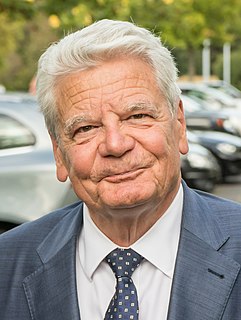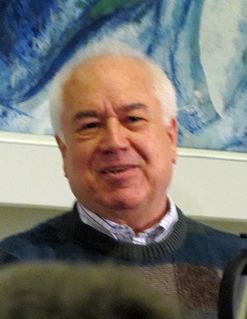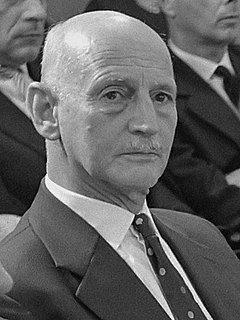A Quote by Joachim Gauck
Related Quotes
One day in Auschwitz I became so dispirited that I couldn't carry on. They had given me a beating, which wasn't exactly a pleasant experience. It was on a Sunday, and I said: 'I can't get up'. Then my comrades said: 'That's impossible, you have to get up, otherwise you're lost'. They went to a Dutch doctor, who worked with the German doctor. He came to me in the barracks and said: 'Get up and come to the hospital barracks early tomorrow morning. I'll talk to the German doctor and make sure you are admitted'. Because of that I survived.
The whole point is to take from our native culture and from contemporary culture without using one art form to mimic the other, so that our native identity remains the native identity, the contemporary identity remains the contemporary identity, and the mixing of these two musical identities creates a third musical identity.
The identity of just one thing, the "clash of civilization" view that you're a Muslim or a Hindu or a Buddhist or a Christian, I think that's such a limited way of seeing humanity, and schools have the opportunity to bring out the fact that we have hundreds of identities. We have our national identity. We have our cultural identity, linguistic identity, religious identity. Yes, cultural identity, professional identity, all kinds of ways.

































